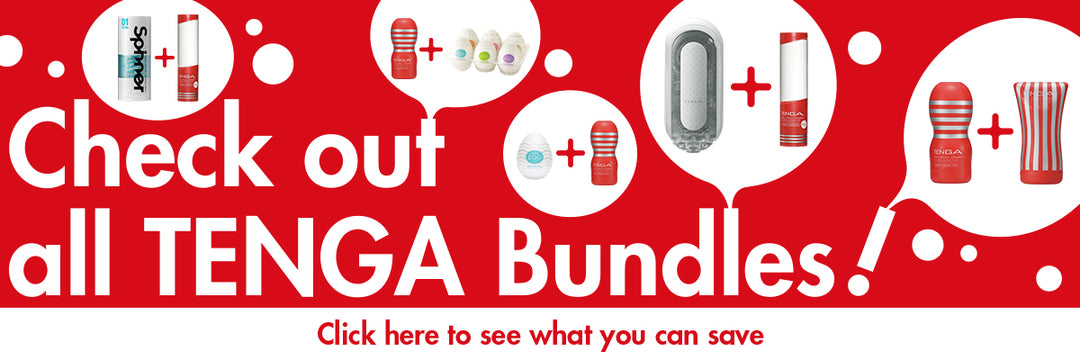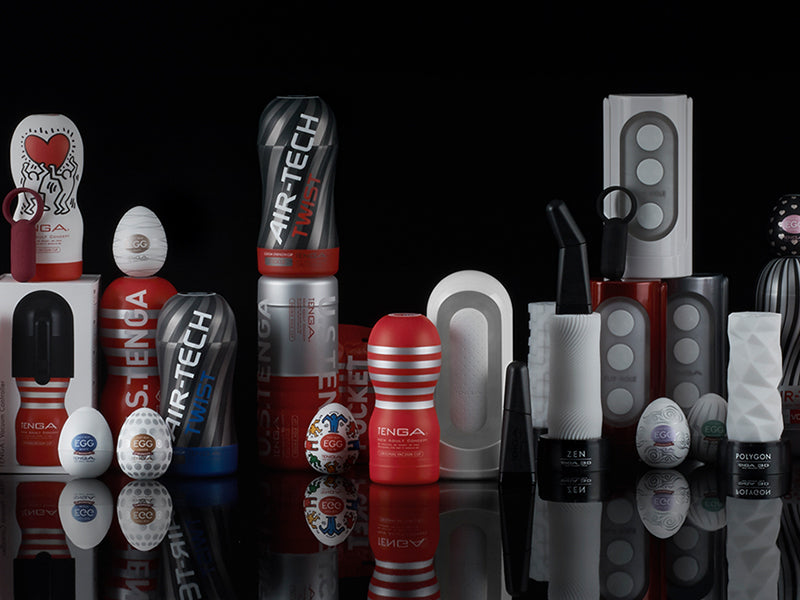Why Does Sex Feel Good?
As people, there are a lot of things that we disagree on—ranging from political and religious beliefs to debates about pineapple as a pizza topping. Despite the constant arguing and tribalism, there's one thing on which most of us tend to agree: sex feels good. Why is this? What makes sex feel so good? Is it a physical response or a neurological process?
Contents
The Sex Response Cycle

To understand why sex feels good, we need to delve into the stages of the Sexual Cycle, which is typically divided into four phases: excitement, plateau, orgasm, and resolution.
Phase One: Desire
Say you are at a party and you see someone you are really attracted to. At that moment, a cascade of intense sensations course through your body. Your heartbeat accelerates, muscles tense, and blood rushes to specific regions—the clitoris and labia minora for those with vaginas. If you have a penis, you start having an erection.
Subsequent experiences diverge based on your biological sex. For individuals with penises, then your testes start to enlarge, while for those with vaginas, vaginal lubrication begins to happen. Essentially, that part of your brain that has been wired to want sex begins to activate.
Phase Two: Plateau
Continuing our scenario, let's assume that you and the captivating individual have embarked on a night of incredible lust and passionate intimacy. Now if you continue the sexual stimulation after entering phase one, you then begin to transition into the Plateau phase.
Many of the sensations from the previous stage persist and intensify. Your heart rate keeps getting faster and genital sensitivity increases further. As before, the experience differs based on biological factors. For the vagina, the clitoris becomes very sensitive to the touch and continues to swell up due to increased blood flow. For the penis, there may be a release of pre-cum. This phase primes the body for the imminent climax: orgasm.
Phase Three: Orgasm
The moment of truth arrives—the orgasm. Earning the nickname “climax”, the orgasm is where all that sexual stimulation and arousal reaches its peak.
At this point, various muscle contractions come into play. The penis begins what’s called rhythmic contractions in both the penis and pelvic muscles in order to ejaculate semen. As an aside, this is one of the reasons why strengthening the pelvic muscles through kegel exercise helps achieve greater orgasms.
Like the penis, the muscles in the vagina also contract. In addition, the uterus undergoes rhythmic contractions, aiding the entry of sperm and increasing the likelihood of pregnancy.
Phase Four: Resolution
After you and your partner’s moment of intimacy. the body gradually returns to its baseline state. The heart begins to go back to a normal rate, people with a penis typically enter what’s called the refractory period, where they become sexually unresponsive for a certain amount of time. While individuals with vaginas don't experience a physical refractory period, they might encounter a mental phase of disinterest in sex.
So that is the cycle people go through when they have a sexual encounter. But why does it feel so good? Much of the answer lies within the brain and its response cycle as detailed above.
All in the Brain

In each step of the response cycle, the brain releases chemicals that help you move through that phase. To start, dopamine is released in response to attraction toward someone. This hormone fuels the brain's reward system, spurring motivation to accomplish goals and subsequently generating a sense of satisfaction upon their attainment. It's actually this release of dopamine that leads to the accelerated heartbeat and heightened breathing commonly experienced when sexually attracted. This initial flood of dopamine is to get people motivated to find a partner.
Then, upon reaching orgasm, the chemical oxytocin is released. Upon achieving orgasm, oxytocin is released—a pivotal chemical fostering feelings of love and intimacy between partners. Oxytocin is also thought that couples with higher levels of oxytocin tend to experience a stronger bond between them, and improved communication.
Finally, endorphins which are responsible for making you feel good, also get released as you orgasm. The brain is also flooded with dopamine as a pay off to the motivation that was felt during the desire phase. This reinforces the idea in our minds that sex is good and we should keep trying to have it. So most of the reason that sex feels so good is due to the brain being flooded with feel-good chemicals during different steps of the process. However, the nervous system also has a part to play as well.
Getting Physical

The brain maintains communication with nerves situated in various genital regions.
In both biological males and females, a significant nerve known as the pudendal nerve comes into play. This nerve assumes the responsibility of transmitting signals to the genitals in both sexes, simultaneously triggering the release of the array of chemicals contributing to the heightened pleasure experienced during sex.
Originating from the lower spine/pelvis, the Pudendal Nerve follows a branching trajectory. One of these branches, referred to as the Dorsal Nerve, connects to both the penis and the clitoris. Because there are a lot of these Dorsal Nerves in the clitoris, anyone who is looking for more pleasure should try stimulating it more, either during sex or masturbation.
Summary
Sex feels good due to the signals that theThe pudendal nerve's signals stimulate the brain's release of dopamine, oxytocin, and endorphins, each playing a pivotal role in the pleasure felt during sex. Dopamine motivates and rewards, oxytocin fosters intimacy, and endorphins generate euphoria. All of this comes together in an orgasm to give sex such a good feeling. Armed with this knowledge, you may find new ways to find pleasure during sex!







